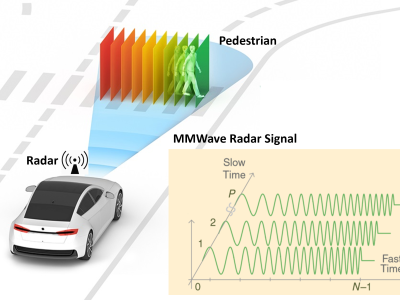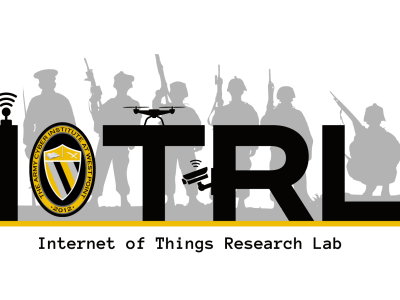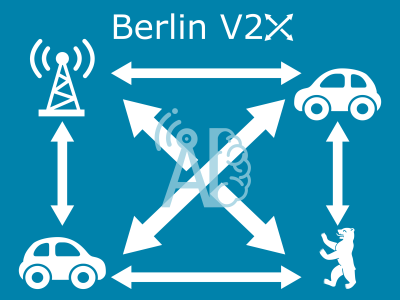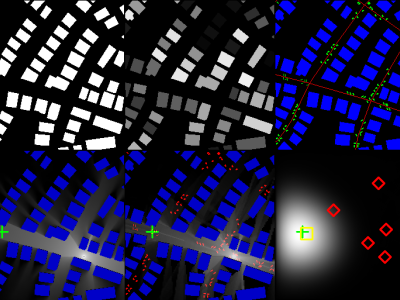CRAWDAD coppe-ufrj/RioBuses

- Citation Author(s):
-
Daniel Dias (EE/COPPE/UFRJ)Luís Henrique Maciel Kosmalski Costa
- Submitted by:
- CRAWDAD Team
- Last updated:
- DOI:
- 10.15783/C7B64B
- Data Format:
 422 views
422 views
- Categories:
Abstract
Real-time position data reported by buses, updated every minute, from the city of Rio de Janeiro, Brazil. The file is CSV, containing the date, time(24h format), bus ID, bus line, latitude, longitude and speed of more than 12,000 buses.
last modified : 2018-03-19
nickname : RioBuses
institution : coppe-ufrj
release date : 2018-03-19
date/time of measurement start : 2014-10-01
date/time of measurement end : 2014-10-31
collection environment : The city of Rio de Janeiro is one of the metropolises of Brazil, having in 2010 over 6 million residents. The city has about 1,200 sq km of area and over 11,000 km of streets, where 2,576,947 vehicles (17,723 buses) circulated in 2014. According to operational data from the buses controllers, obtained at the website of the federation of transport companies in the Rio de Janeiro state, in October 2014 there were 725 active bus lines, with a fleet of 9,028 vehicles which made 1,832,461 travels that month, covering over 72 million kilometers and carrying over 117 million passengers.
network configuration : None information of how the data is gathered is provided by the data maintainer. Nevertheless, we discovered that each bus have a GPS receiver and the data is sent to a central facility in near real time by a 3G cellular network.
data collection methodology : Real-time position data reported by the buses, updated every minute, plus other transport data, like stops location and bus routes, are made available by the city of Rio de Janeiro through the open data portal of the city (http://data.rio/en/dataset?groups=transporte-e-mobilidade). We collected these data because it represents the actual shuttle of the public transport vehicles, in addition to contribute to analyze and eventually share an expressive location data collection of a large number of vehicles. The collected data is from October, 2014, in a month period.
sanitization : These are the raw data, only compiled all measurements performed per day.
Traceset
coppe-ufrj/RioBuses/RioBuses
Dataset of mobility traces of buses in Rio de Janeiro, Brasil
- files: 2014-10.zip
- description: Real-time position data reported by buses, updated every minute, from the city of Rio de Janeiro, Brazil. The file is CSV, containing the date, time(24h format), bus ID, bus line, latitude, longitude and speed of more than 12,000 buses.
- measurement purpose: Network Performance Analysis, Localization
- methodology: Real-time position data reported by the buses, updated every minute, plus other transport data, like stops location and bus routes, are made available by the city of Rio de Janeiro through the open data portal of the city (http://data.rio/en/dataset?groups=transporte-e-mobilidade). We collected the data from the url: http://dadosabertos.rio.rj.gov.br/apiTransporte/apresentacao/rest/index.cfm/obterTodasPosicoes .The data was collected every minute, then, all the location data was merged into a file at the end of each day.
coppe-ufrj/RioBuses/RioBuses Traces
- RioBuses: Dataset of mobility traces of buses in Rio de Janeiro, Brasil
- configuration: Real-time position data reported by the buses, updated every minute, plus other transport data, like stops location and bus routes, are made available by the city of Rio de Janeiro through the open data portal of the city (http://data.rio/en/dataset?groups=transporte-e-mobilidade). We collected the data from the url: http://dadosabertos.rio.rj.gov.br/apiTransporte/apresentacao/rest/index.cfm/obterTodasPosicoes .The data was collected every minute, then, all the location data was merged into a file at the end of each day.
- format:
The file is CSV, containing the date, time(24h format), bus ID, bus line, latitude, longitude and speed of more than 12,000 buses.
Instructions:
The files in this directory are a CRAWDAD dataset hosted by IEEE DataPort.
About CRAWDAD: the Community Resource for Archiving Wireless Data At Dartmouth is a data resource for the research community interested in wireless networks and mobile computing.
CRAWDAD was founded at Dartmouth College in 2004, led by Tristan Henderson, David Kotz, and Chris McDonald. CRAWDAD datasets are hosted by IEEE DataPort as of November 2022.
Note: Please use the Data in an ethical and responsible way with the aim of doing no harm to any person or entity for the benefit of society at large. Please respect the privacy of any human subjects whose wireless-network activity is captured by the Data and comply with all applicable laws, including without limitation such applicable laws pertaining to the protection of personal information, security of data, and data breaches. Please do not apply, adapt or develop algorithms for the extraction of the true identity of users and other information of a personal nature, which might constitute personally identifiable information or protected health information under any such applicable laws. Do not publish or otherwise disclose to any other person or entity any information that constitutes personally identifiable information or protected health information under any such applicable laws derived from the Data through manual or automated techniques.
Please acknowledge the source of the Data in any publications or presentations reporting use of this Data.
Citation:
Daniel Dias, Luís Henrique Maciel Kosmalski Costa, coppe-ufrj/RioBuses, https://doi.org/10.15783/C7B64B , Date: 20180319
















